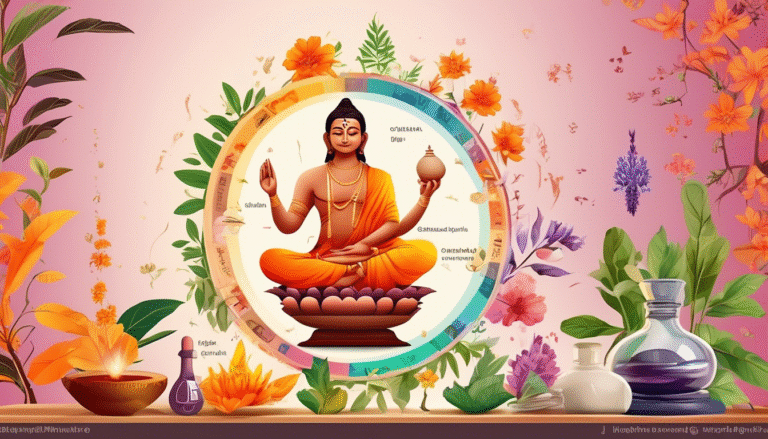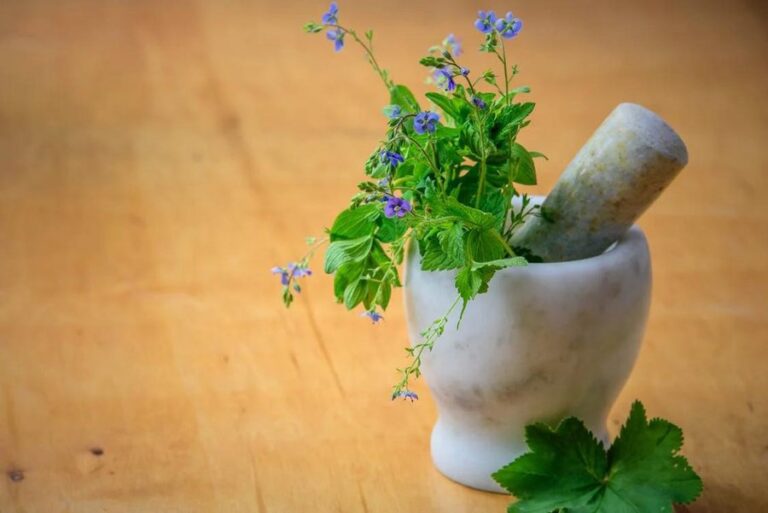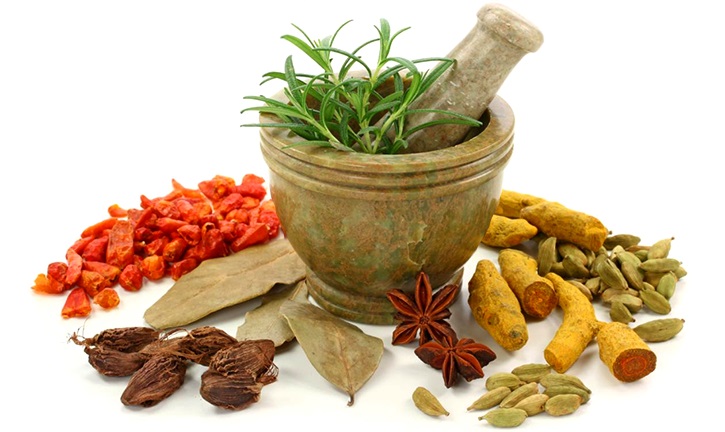Understanding Government Recognition & Regulation of Siddha in Tamil Nadu: A Comprehensive Overview

Introduction to Siddha Medicine in Tamil Nadu
Siddha medicine, one of the oldest traditional healing systems in the world, holds a significant place in Tamil Nadu’s rich cultural and medical heritage. Emerging from the ancient Tamil civilization, Siddha is not merely a system of treatment but an intricate philosophy that encompasses physical, mental, and spiritual well-being. I find it fascinating how this traditional practice blends herbal remedies, yoga, and meditation into a holistic approach to health.
The practitioners of Siddha medicine, known as Siddhars, have been custodians of this knowledge for centuries. Their contributions to medical science are profound, as they have documented various treatments and remedies that are still in use today. Unlike many other traditional systems, Siddha is rooted deeply in Tamil literature and history, making it a unique aspect of our cultural identity.

The significance of Siddha medicine in Tamil Nadu cannot be overstated. It serves not only as a means of healing but also as a cultural legacy that celebrates our connection with nature and the healing powers it offers. As we explore the government’s recognition and regulation of Siddha, it is essential to appreciate its historical context and the role it plays in modern healthcare.
Historical Context of Siddha Practices
The history of Siddha medicine dates back thousands of years, with its origins intertwined with Tamil culture and spirituality. I have often marveled at how Siddha practices were developed by ancient sages, who mastered the art of healing through nature. These Siddhars, believed to possess supernatural powers, dedicated their lives to the pursuit of health and wellness, leading to the establishment of Siddha as a formal system of medicine.
Throughout the ages, Siddha medicine has evolved, adapting to the changing needs and challenges of society. The texts of Siddha, written in Tamil, serve as invaluable resources, providing insights into the principles of diagnosis and treatment. They include detailed descriptions of herbs, minerals, and animal products used in therapy, revealing a complex understanding of human physiology and pathology.
Moreover, the historical context of Siddha also reflects the socio-political landscape of Tamil Nadu. Various dynasties that ruled the region acknowledged and supported Siddha practices, contributing to its widespread acceptance. However, with the advent of modern medicine, Siddha faced challenges that necessitated a structured approach for its practice and regulation, paving the way for government intervention.
Government Recognition of Siddha in Tamil Nadu
The recognition of Siddha medicine by the government of Tamil Nadu marks a pivotal moment in its history. I believe this acknowledgment reflects a broader recognition of the value of traditional medicine in complementing modern healthcare practices. In 1970, the government established the Department of Indian Medicine and Homoeopathy, providing a formal platform for Siddha alongside Ayurveda and Unani systems.
This recognition has led to the establishment of Siddha medical colleges, research institutions, and hospitals dedicated to promoting Siddha practices. The curriculum developed for these institutions ensures that practitioners receive comprehensive training, blending traditional wisdom with modern scientific knowledge. As a result, we see an increasing number of qualified Siddha practitioners who are equipped to address contemporary health issues.
Additionally, the government has initiated various programs aimed at integrating Siddha medicine into the public healthcare system. By doing so, it has paved the way for Siddha practitioners to contribute meaningfully to community health initiatives. I find it encouraging that this integration not only bolsters the credibility of Siddha but also enhances its visibility among the public.
Regulatory Framework for Siddha Medicine
To ensure the safe and effective practice of Siddha medicine, a robust regulatory framework is necessary. This framework encompasses licensing, practice standards, and ethical guidelines for practitioners. I appreciate how the government has taken significant steps in this direction, establishing guidelines that govern the practice of Siddha.
The Tamil Nadu Siddha Medical Council plays a crucial role in regulating the profession. It sets standards for education and practice, ensuring that practitioners adhere to ethical guidelines. I believe that this regulatory body serves as a guardian of Siddha, safeguarding the interests of both practitioners and patients alike.
Moreover, the regulations also address the quality and efficacy of Siddha medicines. The government has implemented measures to standardize the preparation of herbal formulations, ensuring that they meet safety and efficacy standards. This is a crucial step in bridging the gap between traditional and modern medicine, as it enhances public trust in Siddha practices.
Key Policies Affecting Siddha Practitioners
Several key policies impact Siddha practitioners and their ability to practice effectively. First and foremost, the National Policy on Indian Systems of Medicine and Homoeopathy aims to promote these systems at a national level. I find it encouraging that this policy acknowledges the importance of traditional medicine in India’s healthcare landscape.
Furthermore, the Tamil Nadu government has developed specific schemes to support Siddha practitioners. These schemes include financial assistance for establishing clinics, subsidies for herbal procurement, and support for research initiatives. I believe such policies empower practitioners and enhance their ability to serve the community effectively.
Additionally, the government’s focus on public awareness campaigns plays a pivotal role in promoting Siddha. By educating the public about the benefits of Siddha medicine, we can encourage more people to explore this traditional healing system. I have witnessed firsthand how these initiatives can bolster the practice of Siddha, fostering a greater appreciation for its contributions to health and wellness.
The Role of Traditional Medicine in Healthcare
The integration of traditional medicine into the broader healthcare framework is essential for holistic health solutions. Siddha medicine, with its emphasis on natural remedies and preventive care, complements modern medical practices. I have often observed how patients benefit from a blended approach that incorporates both Siddha and allopathic treatments.
Traditional medicine, including Siddha, plays a critical role in addressing chronic diseases and lifestyle-related ailments. Its focus on lifestyle modification, dietary recommendations, and stress management is particularly relevant in today’s fast-paced world. I believe that Siddha’s holistic approach can provide valuable insights into managing health conditions that are often inadequately addressed by conventional medicine.
Moreover, the role of traditional medicine extends beyond individual patient care; it contributes to community health. Siddha practitioners often engage in preventive health measures and community outreach, promoting wellness through education and awareness. This community-centric approach not only enhances the quality of care but also fosters a sense of empowerment among individuals regarding their health choices.
Challenges Faced by Siddha Practitioners in Tamil Nadu
Despite the recognition and support from the government, Siddha practitioners in Tamil Nadu face several challenges. One of the prominent issues is the lack of adequate funding for research and development in Siddha. While there have been initiatives, I feel that more investment is needed to explore the full potential of Siddha practices and to validate their efficacy through scientific studies.
Another challenge is the competition with modern medicine. Many patients tend to gravitate towards allopathic treatments due to their widespread acceptance and perceived effectiveness. I believe that Siddha practitioners must work to enhance their visibility and credibility by emphasizing the unique benefits of Siddha, including its holistic approach and minimal side effects.
Furthermore, there is a pressing need for continuous professional development among Siddha practitioners. While many are well-trained, ongoing education is crucial to keep abreast of advancements in both traditional and modern medical practices. I advocate for the establishment of workshops and seminars that encourage knowledge exchange and skill enhancement among Siddha professionals.
Benefits of Government Regulation for Siddha
The government’s regulation of Siddha medicine brings numerous benefits, not only to practitioners but also to patients. By establishing a formal structure for practice, the government ensures quality and safety in Siddha treatments. This regulation instills confidence in patients, knowing that their practitioners adhere to established standards and ethical guidelines.
Additionally, government support for Siddha education and research enhances the credibility of the practice. With more institutions dedicated to Siddha, we see an increase in qualified practitioners who are equipped with both traditional knowledge and scientific understanding. This dual expertise can lead to innovative treatments and a deeper understanding of health issues.
Moreover, regulation fosters collaboration between Siddha practitioners and other healthcare providers. I have seen how an integrated approach can lead to improved patient outcomes, as practitioners work together to create comprehensive treatment plans. This collaborative spirit not only benefits patients but also enriches the healthcare ecosystem in Tamil Nadu.
Future of Siddha Medicine in Tamil Nadu
As we look to the future, the prospects for Siddha medicine in Tamil Nadu appear promising. I am optimistic that with continued government support and public awareness, Siddha can carve out a more prominent place in the healthcare landscape. The growing interest in holistic and alternative therapies presents a unique opportunity for Siddha to flourish.
Innovation in Siddha practices, coupled with rigorous research, can lead to the development of new treatment protocols that meet modern health challenges. I believe that collaboration between researchers, practitioners, and educational institutions is vital to unlocking the full potential of Siddha medicine.
Furthermore, as global interest in traditional medicine rises, Tamil Nadu can emerge as a hub for Siddha education and practice. I envision a future where Siddha is recognized not just locally but also internationally, contributing to the global discourse on health and wellness. By embracing our heritage and investing in its future, we can ensure that Siddha continues to thrive.
Conclusion: The Path Forward for Siddha in Tamil Nadu
In conclusion, the journey of Siddha medicine in Tamil Nadu is one of resilience, adaptation, and growth. Government recognition and regulation have provided a solid foundation for Siddha practitioners to thrive in a complex healthcare environment. As we navigate the challenges and opportunities ahead, I believe that a collaborative approach among practitioners, researchers, and policymakers is essential.
It is important to continue advocating for the integration of Siddha into the mainstream healthcare system, highlighting its unique contributions to health and wellness. I encourage Siddha practitioners to remain committed to professional development and to engage with the community to foster greater understanding and appreciation for this ancient healing tradition.
Ultimately, the future of Siddha medicine in Tamil Nadu lies in our hands. By embracing our past, investing in our present, and looking towards a promising future, we can ensure that Siddha medicine remains a vibrant and vital part of our healthcare landscape.
Got a Siddha Query? Talk to Priya Siddha Clinic Before You Decide!





